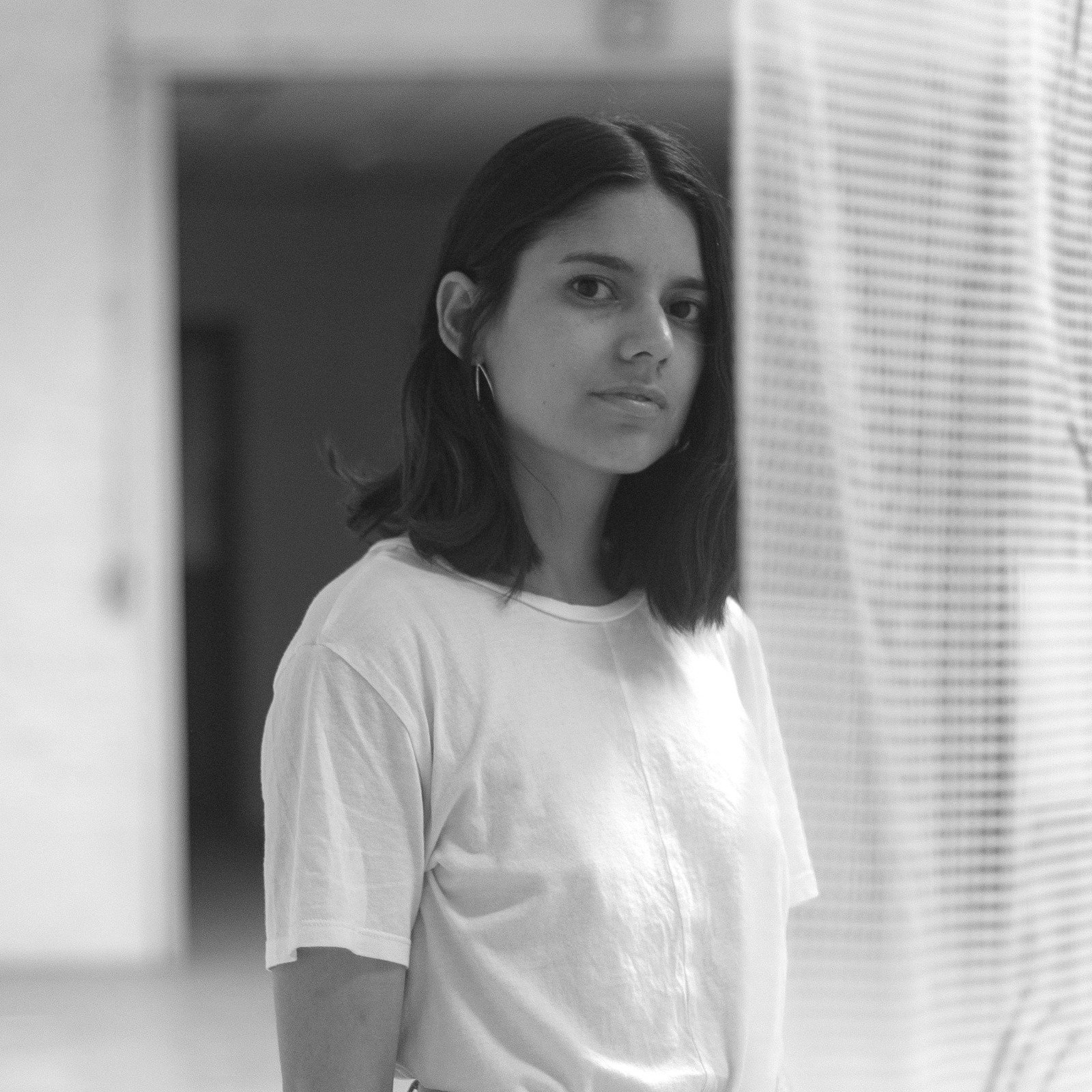MINO LAB RESIDENCY provides six artists with the space, time and expertise to explore the potential of aesthetic strategies for change-making.
We invite transdisciplinary makers who create from a sense of urgency to make an impact and engage with social change at large.
APPLY
WHAT DO WE NEED?
A portfolio or clear documentation of your work that reflects your practice, you can choose the format you find fitting.
A motivation statement in which you elaborate on your artistic vision, explain why you see yourself in the program and, if possible, a preliminary outline of what you want to explore during the residency.
An artistic CV
Only applications that are complete with portfolio, artistic vision and motivation will be considered. Please send your complete application to tatjana@mino-antwerp.be
FINAL DEADLINE FOR APPLICATION: 18.02.2024
MINO LAB is an annual residency for emerging artists to critically reflect on their practice and to ground it in a broader socio-political context.
Providing 6 multidisciplinary artists with the space, expertise and budget to develop their practice build on the principles of social art practices.
Exploring the potential of aesthetic strategies for changemaking, the program offers residents tools to critically reflect on their practice, grounding it in a broader socio-political context.
Masterclasses from topnotch (international) artists about the principles of social art practice,
Insights and tools to critically reflect on your practice, grounding it in a broader socio-political context,
Personal and artistic coaching for 3 months,
A development/working budget for each resident,
A physical workspace in Antwerp for you to create and exhibit your work,
A (self-curated) closing exhibition and events,
A larger network of (inter)national creatives for support and inspiration trough partnerships.
MINO LAB 2024 starts in March 2024
RESIDENTS
RESIDENTS
-
Brahim Tall
As a visual artist Brahim Tall is building a practice around various forms of body & identity research, expression and politics. In 1993 he was born into a Belgian/Dutch/Senegalese household and was exposed to a wide range of customs and culture from a young age. This opened questions about Tall's place in Belgian society. In 2017, Tall started a bachelors in photography at LUCA School Of Arts in Brussels. Over time the use of cinema, video, installation and performance seeped into his work, finding their use when needed. In 2022 Tall finished his masters, graduating with high honours with his first film, Tukuleur. That same year Tukuleur won a Wildcard from the Flemish AudioVisual Fund (VAF). Currently Tall is developing his practice.
-

MAryam Touzani
MAryam Touzani (1997) was born in Utrecht, the Netherlands, and is currently based between Morocco and The Netherlands. She completed her Bachelor's degree in Photography at the Royal Academy of Art in The Hague in 2023. MAryam explores the nature and possibilities of documentary image-making through her photography practice. She rather creates than documents. In practice, she deals with themes such as intercultural identity, the desire to belong, and (dis)placements.
She uses her bicultural background (she is a daughter of Moroccan migrants). Her work employs processes that disrupt image-making by playing with layers or merging aspects of imagery and text. It is about dispatching and bringing it back.
-

Man Pan Lau
Born and raised in 1989 in Hong Kong, Man Pan Lau moved to the Netherlands in 2020. His multidisciplinary practice delved into social and political themes initially tied to his hometown's pro-democracy movements. Translocation experiences later shaped his focus on identity. Through varied mediums, he uses art to preserve emotional memory and expand notions of visual expression. His work challenges ahistorical perspectives and reflects contemporary traumas of displacement and migration.
-

Aïcha Ouattara
Aïcha Ouattara (1993) is a multidisciplinary Belgo Malian artist born and based in Brussels.
As a visual, plastic artist, as well as a performer and a somatic practitioner, she investigate how intimate encounters with materials can reveal the essence of the connection between energy and matter. Deeply influenced by therapeutical approaches, she explores, search, share and gain from the experience of the interdependence principle inherent to possibilities of healing, inhabiting ourselves, our relationships and our environnement with more respect, love and collaboration. Through drawing, painting, collage, photography and textile, she works on layers and explore the narrative of colors, images and textures. Her creative process follows the guidelines of principles experienced in somatic practice to operate movement and inner transformation.
-

Jimena Chávez Delion
imena Chávez Delion (1989) is a Peruvian visual artist based between Brussels & Lima. Graduated with honors in Fina Arts from the Pontifical Catholic Universtiy of Peru. Chávez Delion’s work explores the connections between material culture, subjectivity, and vulnerability within the context of neoliberal economies. In her practice, she investigates how people’s stories, their geographical movements, and their choreographic behaviors coexist with economic scarcity and aspirations in marginalized urban contexts or places marked by informal economies.
In her installations, sculptures, videos and drawings, she focuses on gestures, residues, and materials that contain or imitate others. Her practice is driven by a desire to preserve and present these findings and transformations in a way that retains the balance between their affective value and the precariousness of the experiences that gave rise to them.
-

Kwinnie Lê
Kwinnie Lê (1995) is an artist, researcher, poet and shapeshifter working on the intersection of body and language. Through examining their abilities to simultaneously admit and exclude. Lê hopes to amplify counternarratives while still acknowledging these exclusions as inseparable from violence. Yet, a story of survival can still be told. By departing from mythology, folklore and oral histories, they situate ancestral traditions in contemporary urban life with the desire to question the power of perception and re-suture narratives of classification. Currently, they’re investigating the revival, reclamation and (re)inscription of traditional tattoo practices.
COACH
-

Reem Shilleh
Reem Shilleh is a researcher, curator, editor and artist from Brussels and Ramallah. She interlaces research, moving image, curatorial, editing, archival, and writing practices to question the infinite formations of memory and collectivity.
She is a member and co-founder of Subversive Film, a cinema research and production collective that aims to cast new light upon historic works related to Palestine and the region, to engender support for film preservation, and to investigate archival practices.
Next to this she is a member of the Kitchen, a space in continuous motion, in Brussels for hosting collective studies and research, books and posters, and ideas that question the potentials of past and present revolutionary and social movements.
GUEST TEACHERS
GUEST TEACHERS
-

Yazan Khalili
Yazan Khalili is a visual artist, architect, and cultural activist. Khalili’s photography is detailed, reflective, and full of intent. Using photography and the written word, Khalili unpacks historically constructed landscapes. Borrowing from cinematic language, images become frames where the spectator embodies the progression of time and narratives. He weaves together parallel stories over the years, forming both questions and paradoxes concerning scenery and the act of gazing, all of which are refracted through the prism of intimate politics and alienating poetics. In particular, he focuses on the effect of geographical distance on our rendering of territory, and its ability to heighten or arrest our political and sentimental attachments.
His works have been exhibited in several major exhibitions, including documenta fifteen, 2022; KW, Berlin, 2020; MoCA Toronto, 2020; New Photography, MoMA, 2018; Jerusalem Lives, Palestinian Museum, 2017; Post-Peace, Kunstverein Stuttgart, 2017; Shanghai Biennial 2016; Sharjah Biennial 2013; and others. In 2020, he co-founded Radio Alhara, and in 2019 he co-founded The Question of Funding collective.
He received the Extract V young artist prize in 2015, and was the artistic director of Khalil Sakakini Cultural Centre in 2015–2019. Khalili was the co-chair of photography at the MFA program at Bard College, New York, until 2022, and the guest artist-in-residence at Rijksakademie, Amsterdam, through 2022.



